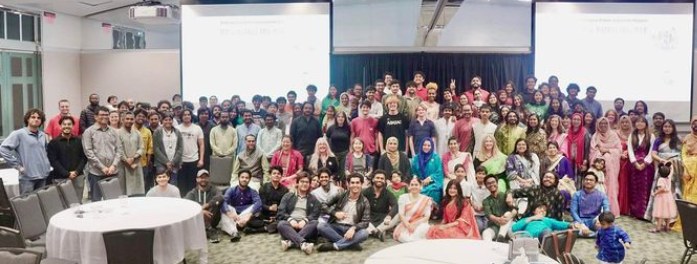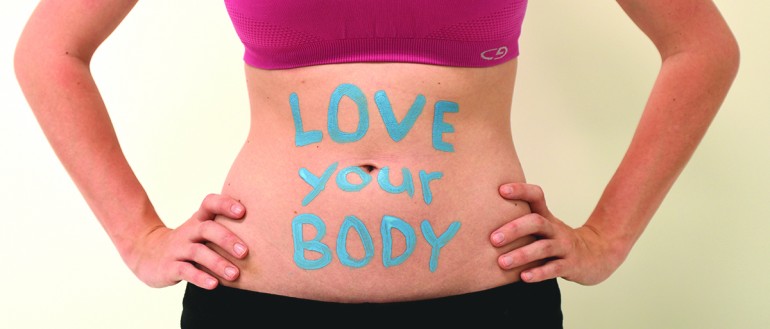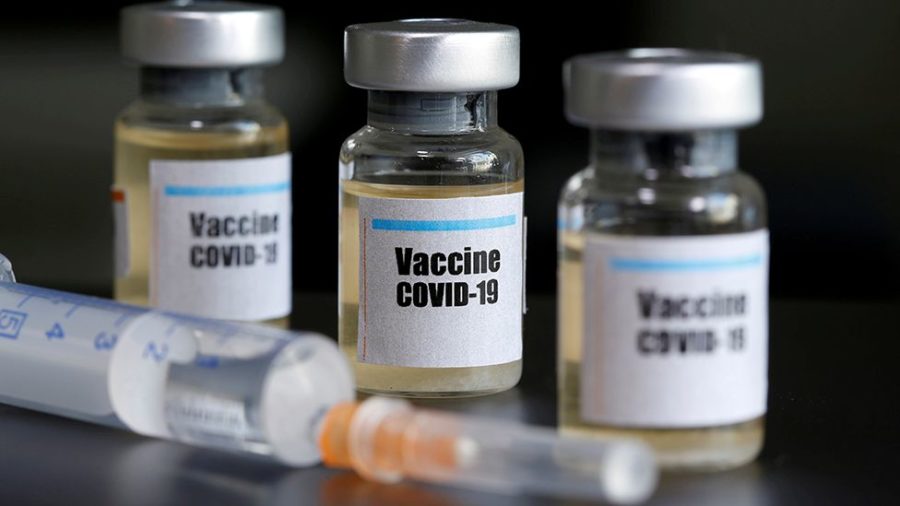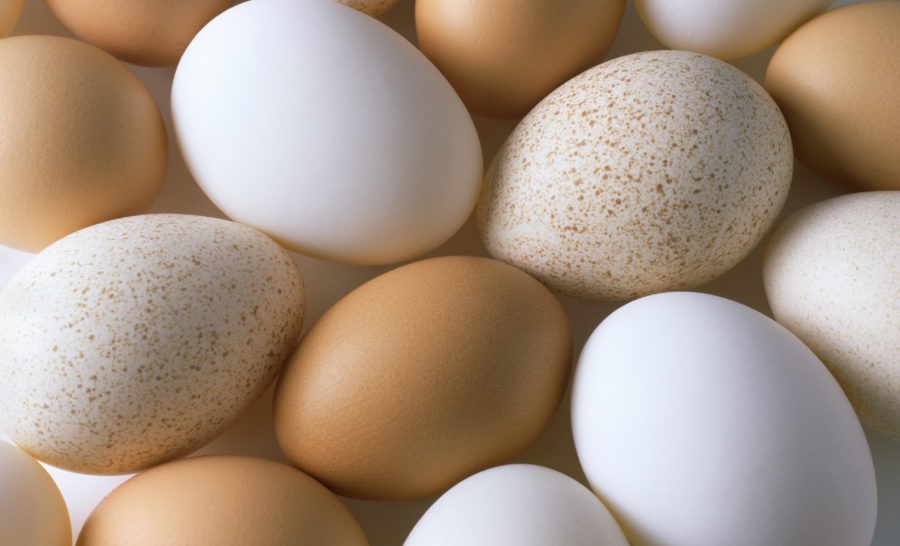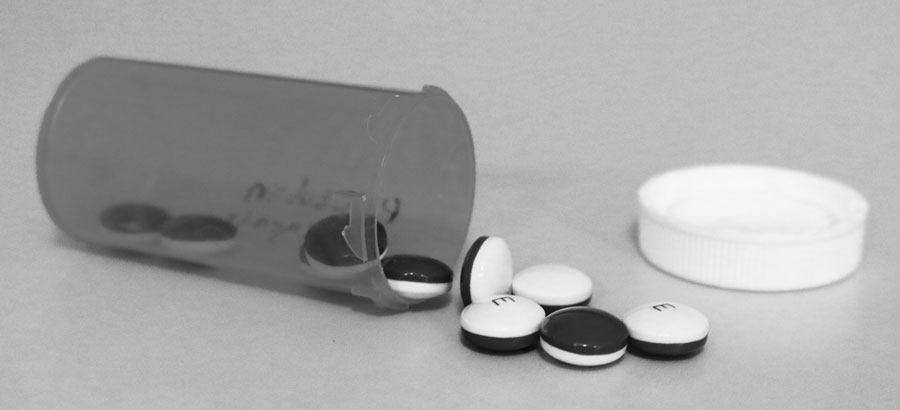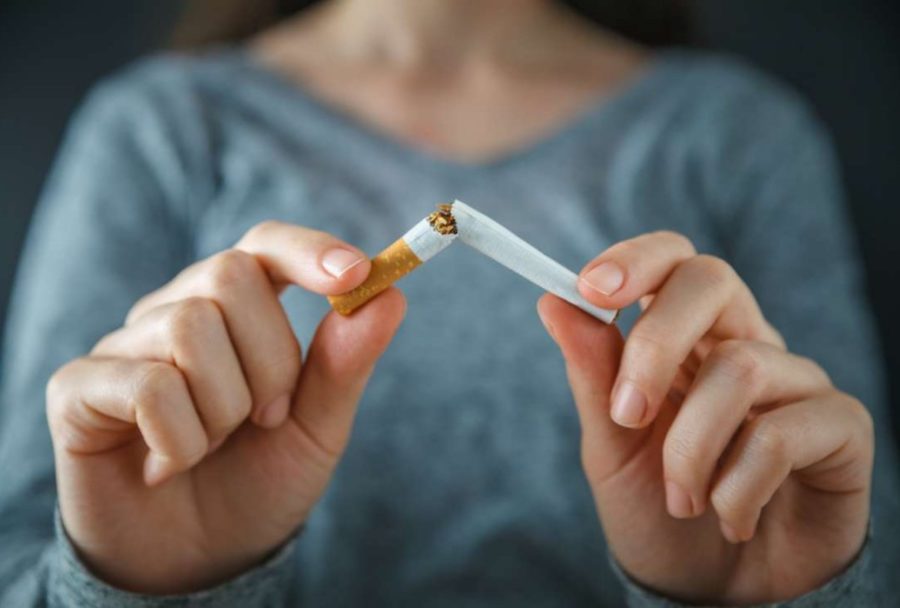Disregard the “perfect” bodies seen in the media and instead focus on maintainng a healthy and positive body image.-Susan Broadbridge/Printz
The workday started out just like any other for Leslie Porter, until her boss pulled her aside and said, “I know what you’re doing, because I did it too.” This moment is when she realized she had a problem.
Porter had a combination of two eating disorders, anorexia and bulimia, but she thought for years that this was normal, healthy behavior.
“For me, it was the equivalent of working out,” said Porter, a junior English major at The University of Southern Mississippi. “(It was) just another way of staying thin. I was obsessed with not eating, and when I did eat, I made sure it didn’t stay with me for long.”
Eating disorders consumed her for four years and at 19 she was finally able to admit that there was a problem. Porter said this was the turning point for her, and the most helpful part was that her boss recognized it because she went through the same thing.
“I’ve always been very self-conscious, and it’s hard to love the way you look when you’re constantly bombarded with this ‘perfect’ image displayed all over television and magazines,” Porter said.
Every day women and men alike are bombarded with an unattainable image of the ideal body. According to National Institute of Mental Health, eating disorders affect men and women, but women are 2.5 times more likely to be affected.
According to the National Eating Disorders Association (NEDA) website, over 80 percent of Americans watch nearly three hours of television each day, and most days kids ages eight to 18 year engage with some form of media for at least seven hours. NEDA suggests that because the effects of this exposure, such as negative body image, are stronger among young adults, this could be the result of long-term exposure to these images.
Jodi Ryder, wellness and health education director at Southern Miss, said it is important to focus on being healthy, not losing weight.
“We as women think there is a standard built for us,” Ryder said. “I know some awesome young women, and men, who are so talented and don’t believe in themselves because they don’t look a certain way.”
Porter said she has to work toward positive body image every day. As someone recovering from an eating disorder, she said positive body image is everything.
“As women, we are constantly under scrutiny for our bodies, and that’s hard to deal with without taking extreme measures,” Porter said. “In order to have a positive body image, you have to work at it every day. But it’s worth it because sometimes it’s life or death. Literally.”
The problem is that although many do not have a clinically diagnosed eating disorder, their food intake and exercise habits could be symptoms of a deeper problem. Over-exercising to compensate for a large meal or consuming less than 1,000 calories every day are both concerning habits common among college students. Obsession with weight and a negative body image can both lead to an eating disorder.
“It’s OK to eat, it’s OK to keep it down, because it’s keeping you alive,” Porter said. “There’s so much I couldn’t do when I was sick because I was too tired and too weak. Be nice to yourself.”
Ryder said while there is a clinical difference between an eating disorder and those who just diet constantly, both are devastating because they have a negative impact on a person’s body and social life.
Recovering from negative body image
Counseling:
“I had an incredible counselor who helped me sift through everything I was feeling to get to the root of the problem,” Porter said. “Very slowly, we built my self-esteem back up. It was extremely difficult, and I was exhausted after every session.”
Although Porter said the sessions were difficult, she recommends counseling to those going through the same thing. For information on USM’s counseling services, visit their website at usm.edu/student-counseling-services.
Find something you’re good at:
Porter said she overcame the biggest obstacle —her relationship with food— by learning
how to cook.
“I dreaded meal times, because I knew I had to eat,” she said. “Then I started to learn how to cook, and I realized I really loved it. I was able to create healthy, delicious food that was helping me gain weight and get better. I found a passion, and let it consume me.”
Write it down:
One of Porter’s greatest encouragements is leaving notes for herself. She began leaving inspirational notes, such as “You are not a number” and “Just get through the day,” around her house. She said it felt amazing to find one of those after a rough day.
Find a support system:
Whether it is friends, family or even a counselor, find someone who can help.
“You have to work every day to be healthy,” Porter said. “I have an incredible support system so when I feel myself beginning to slip, I can call and say, ‘Oh my God, I need help.’ They will talk me through it.”
Porter said the best advice she has received through her recovery is this:
“Your weight is not getting married in June. Your weight is not going to be an incredible teacher. Your weight cannot speak French.
You are.
Your weight has nothing to do with it. As long as your body is strong enough to carry your brain around and perform those awesome tasks you need it to, who cares?”






